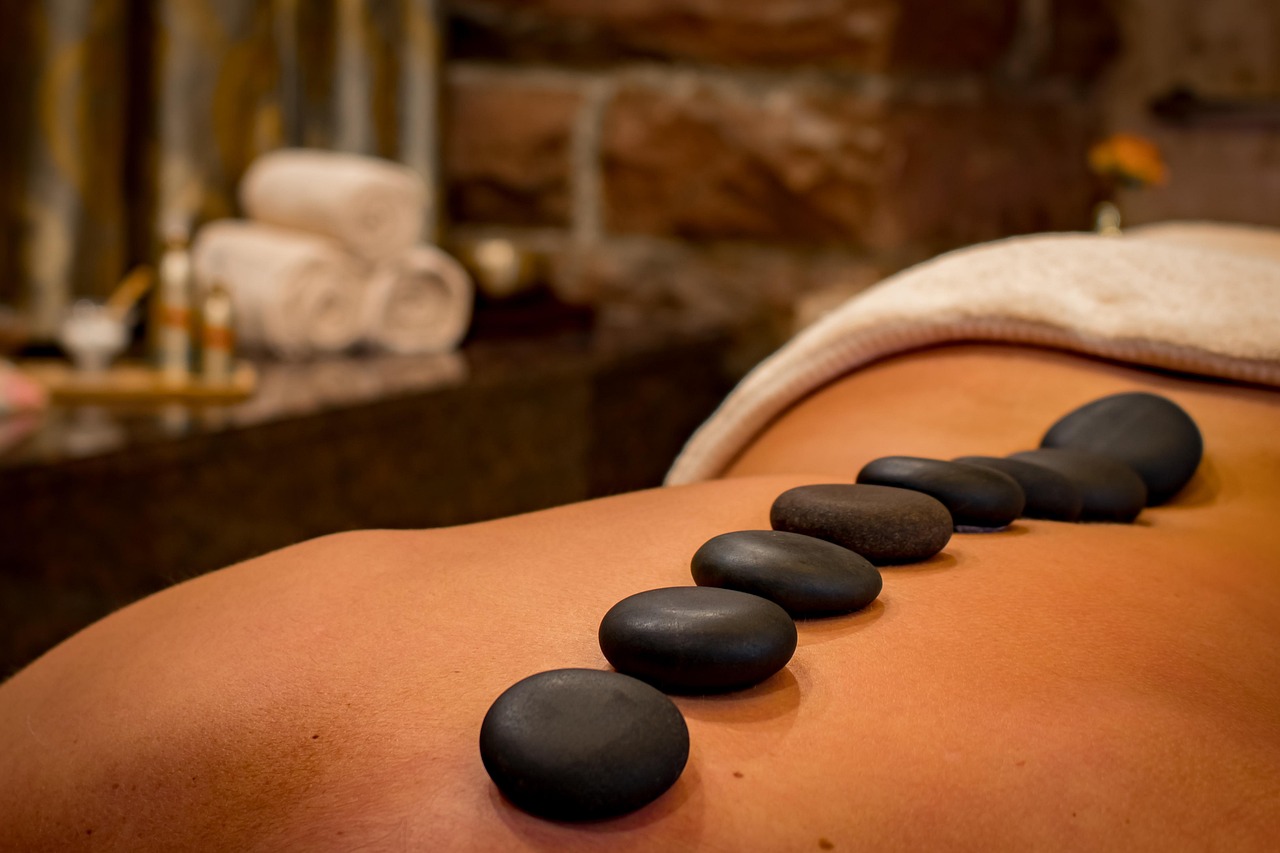Testosterone is a vital hormone that plays a crucial role in men’s overall health and wellness, influencing muscle mass, bone density, mood, and libido. As men age, testosterone levels naturally decline, but several lifestyle factors can also contribute to lower levels.
Our bodies use hormones as cellular signals for which proteins to produce. The way we interact with our environment, perceived or real, can have a direct impact on hormone production. Stress can affect hormone production and lower testosterone levels. Simply treating a low testosterone lab result doesn’t address the cause. Fortunately, there are natural ways to increase testosterone levels and improve overall health before considering hormone replacement.
Here’s how:
1. Prioritize Strength Training and Exercise
Regular physical activity—especially resistance training—has been proven to enhance testosterone production.
- Weightlifting: Compound exercises like squats, deadlifts, and bench presses stimulate testosterone release.
- High-Intensity Interval Training (HIIT): Short bursts of intense exercise followed by recovery periods can naturally elevate testosterone.
- Avoid Chronic Cardio: Excessive endurance exercise can actually lower testosterone, so balance workouts with strength training.
2. Get Enough Quality Sleep
Sleep is essential for testosterone regulation. Studies show that men who sleep fewer than 5 hours per night experience significantly lower testosterone levels.
- Aim for 7–9 hours of uninterrupted sleep.
- Maintain a consistent sleep schedule to regulate hormone production.
- Reduce screen exposure before bedtime to optimize melatonin levels, which influence testosterone.
3. Optimize Your Diet for Testosterone Support
Your diet directly affects hormone production, so consuming the right nutrients is key.
Best Foods for Testosterone:
- Healthy Fats: Avocados, olive oil, nuts, and fatty fish (like salmon) help hormone synthesis.
- Protein: Eggs, lean meats, and legumes support muscle health and hormone balance.
- Zinc-Rich Foods: Shellfish, beef, and pumpkin seeds are crucial for testosterone production.
- Magnesium Sources: Spinach, almonds, and dark chocolate aid in hormonal regulation.
Foods to Avoid:
- Processed sugars and excessive carbohydrates can disrupt insulin levels and lower testosterone.
- Excessive alcohol consumption negatively impacts testosterone and liver function. Substance use can also reduce testosterone production along with causing dysfunction of other hormone production.
4. Manage Stress Levels
Chronic stress leads to increased production of cortisol, the hormone that inhibits testosterone production.
Stress-Reduction Techniques:
- Mindfulness and Meditation: Helps regulate hormones by reducing stress and anxiety.
- Deep Breathing Exercises: Lowers cortisol and promotes relaxation.
- Outdoor Activities: Spending time in nature enhances emotional well-being and hormonal balance.
5. Increase Sun Exposure and Vitamin D
Vitamin D plays a significant role in testosterone production, and deficiency can contribute to low levels.
- Spend 15–30 minutes daily in natural sunlight.
- Include Vitamin D-rich foods like salmon, egg yolks, and fortified dairy.
- Consider supplementation, especially in winter months or if blood tests reveal deficiency.
6. Maintain a Healthy Weight
Excess body fat—particularly in the abdominal area—can lead to higher estrogen levels and decreased testosterone. Additionally, excess fat can lead to conditions like sleep apnea which exert a significant stress response on the body and lead to hormonal disruption.
Steps to Achieve Healthy Testosterone Levels Through Weight Management:
- Focus on a balanced diet rich in whole foods.
- Engage in regular exercise to burn fat and build lean muscle.
- Reduce sugar intake and processed food consumption.
7. Cut Down on Endocrine Disruptors
Hormone-disrupting chemicals in plastics, skincare, and pesticides can lower testosterone levels, with their effects dependent on exposure amount and duration.
How to Reduce Exposure:
- Choose glass or stainless steel over plastic containers.
- Use natural skincare and household products free of synthetic chemicals.
- Opt for organic produce to avoid pesticide-related hormone interference.
Conclusion: The Power of Natural Lifestyle Changes
Boosting testosterone naturally involves a holistic approach that includes nutrition, exercise, sleep, and stress management. For men considering testosterone replacement therapy, focus on these areas first.




